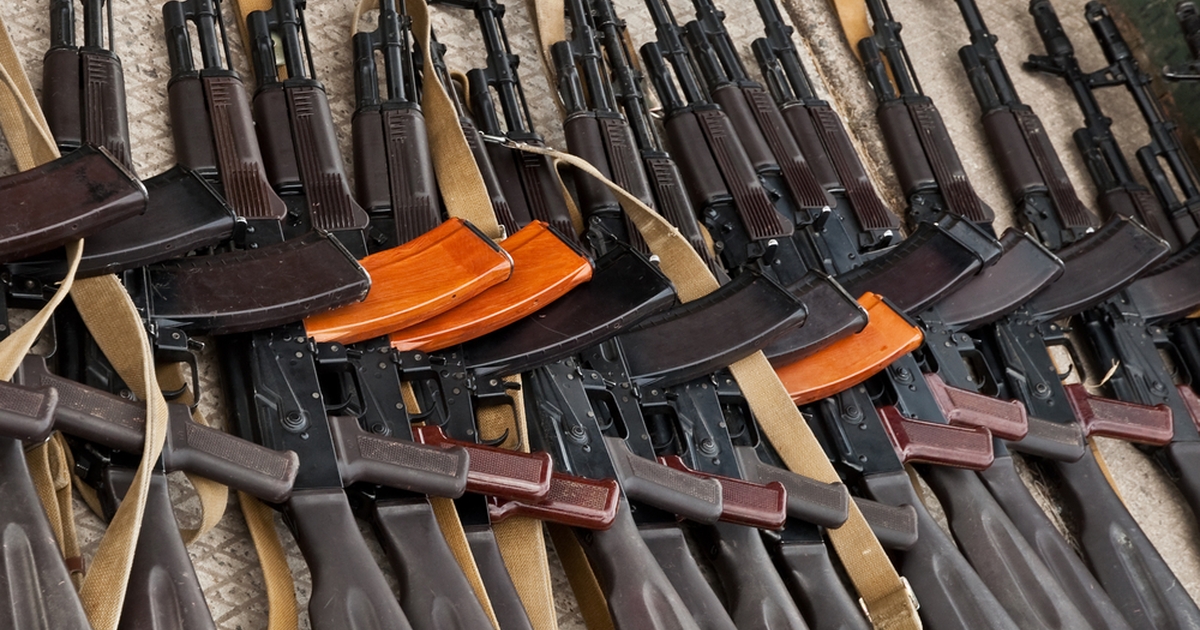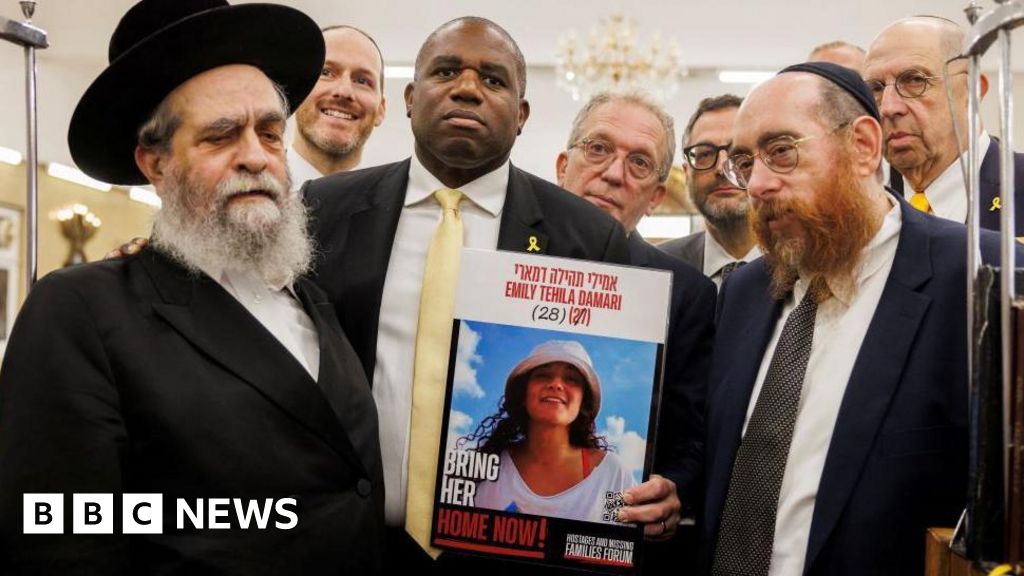The writer is an FT contributing editor and writes the Chartbook newsletter
It is a commonplace that in recent years the paradigm of globalisation has come apart. There is no longer a presumption of ever closer global integration. The politics of trade are superheated. National industrial policy is all the rage. But the evidence for major changes in the flow of trade is scant. What has replaced the old paradigm is less a coherent new agenda than pervasive cognitive dissonance.
As far as the macroeconomics are concerned, plus ça change. The US is running twin deficits — on government budget and trade account. Consumer demand is strong, financial markets buoyant. By contrast, the EU and China, with inadequate domestic demand, run large export surpluses. These imbalances have shaped the pattern of globalisation for decades. Experts have long urged rebalancing, only to be ignored. They are still ignored today, but now the familiar tensions within globalisation are reinterpreted through the dark lens of industrial rivalry and geopolitics.
America’s persistent trade deficit has long raised questions about how it will be paid for. So far, thanks to the exorbitant privilege of the US dollar and the good offices of Wall Street, the deficit has been financed smoothly. The pressure of global competition falls heavily on America’s traded goods sectors, notably manufacturing. That isn’t a bug. It’s a feature of what was once an elite consensus favouring market access and trade liberalisation underpinned by the widely felt benefits of cheap imports.
That consensus broke down in 2016 when Donald Trump won the rustbelt states. Since then populist protectionism, promises of re-industrialisation and finger-pointing at China have framed US policy. The preoccupation with great power rivalry adds heat to the fire. Whether it is fentanyl, electric vehicles with spyware or carrier-busting ultrasonic missiles, China is a full spectrum scapegoat. It avails little to state the obvious: that a chip fab here or there will not materially reset the American social contract, and that anyone serious about improving the lot of the American working class would start with basics like housing, health and childcare.
If your aim is restoring the competitive position of US industry, a large dollar devaluation would do more than a sprinkling of industrial subsidies. But how to engineer one in the face of global demand for US financial assets is anyone’s guess. There is discussion of a tariff on foreign capital inflows, in effect a tax on the dollar as a reserve currency. But for such a radical policy to see the light of day would require producer interests to dethrone Wall Street — nothing short of a revolution. Meanwhile, fiscal consolidation, the solution to the “twin deficit” problem adopted by the Clinton administration in the 1990s, is ruled out by deadlock in Congress.
With inflation under control, the Fed’s priority is the labour market. But, being data-driven, the Fed, rather than chasing dreams of re-industrialisation, prioritises the service sector, where 80 per cent of Americans work. De facto this means the continuation of the old paradigm: full employment and stronger consumer demand mean more, not fewer imports.
All of this is predictable. If you trade with a Chinese economy that manipulates its exchange rate and regulates foreign commerce, what determines the trade balance is the relative state of US and Chinese aggregate demand. That now favours Chinese exports to the US. The hot button issues of the day may be dumping, excess capacity and unfair subsidies, but they are all framed by macroeconomic parameters.
Not to be outdone, Europe has joined the confused debate. Despite the EU’s trade surplus, Mario Draghi’s report on European competitiveness paints a stark picture of the EU falling behind, not China but the US. Ironically, as Europe sees it, the US has for decades been operating a highly effective, though unacknowledged, industrial policy. Pentagon spending, lax antitrust, generous corporate profits, strong R&D and ample venture funding make US capitalism the powerhouse that it is.
The Draghi report offers a more realistic assessment of America’s political economy than the victim narrative now dominant in Washington. But in Europe, too, industrial policy and macroeconomics are out of kilter. Draghi calls for a surge in investment but EU governments are fixated on fiscal consolidation, which if implemented will compound the shortfall in growth.
The coherence of economic policy in the heyday of globalisation can be overstated. But today’s dissonance between industrial and macroeconomic policy is new and intense. It forms an anti-paradigm that adds materially to the uncertainty haunting the world economy.













































































































































You must be logged in to post a comment Login